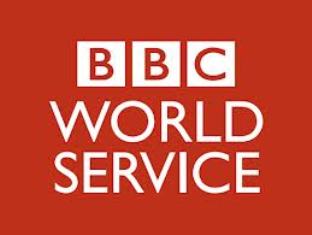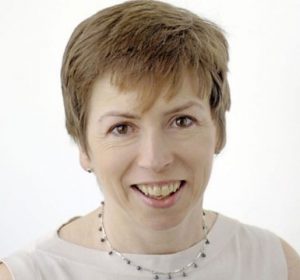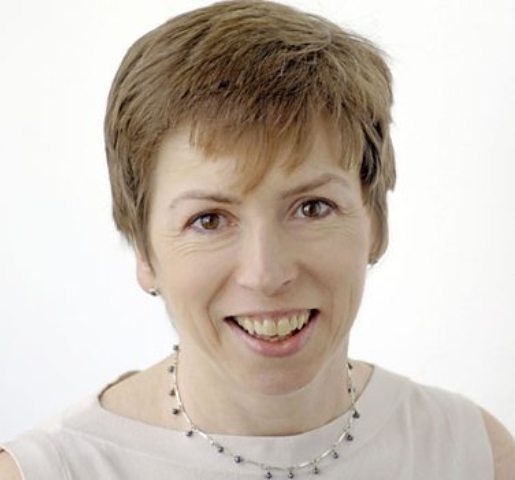By Irene Gaitirira
Published November 17, 2016
 British Broadcasting Corporation (BBC) has announced what it describes as its “biggest expansion since the 1940s”.
British Broadcasting Corporation (BBC) has announced what it describes as its “biggest expansion since the 1940s”.
This expansion shall see the British global broadcaster launch six new African language services in Pidgin, Yoruba, Igbo, Amharic, Afaan, Oromo and Tigrinya in 2017.
RELATED:Nigerian Wins BBC World News Komla Dumor Award
“The significant investment in Africa over the next few years will see establishing co-productions and ommissions with local independent producers as well as training and mentoring for the next generation of African journalists,” BBC says. “The BBC World Service will also expand its digital services to offer more mobile and video content, a greater social media presence and new ways of reaching its audience around the globe.”
The expansion includes plans for the BBC to enhance its television services across Africa, including more than 30 new TV programmes for partner broadcasters across sub-Saharan Africa.
This expansion is being facilitated by the British Government’s funding of the BBC World Service to the tune of £289m until 2019/2020 announced in 2015.
RELATED:Write, But Only After Reading This Guide!
In all, the expansion shall see BBC World Service broadcast around the world in 40 languages to 500 million people weekly by 2022, up from the current 29 languages to 348 million listeners.
 BBC says it is also seeking to increase audience reach with younger people and women.
BBC says it is also seeking to increase audience reach with younger people and women.
RELATED: British Council Supports East Africa’s Creative Sector
“Through war, revolution and global change, people around the world have relied on the World Service for independent, trusted, impartial news. As an independent broadcaster, we remain as relevant as ever in the twenty-first century, when in many places there is not more free expression, but less,” says Francesca Unsworth, BBC World Service Director. “We must follow our audience, who consume the news in changing ways; an increasing number of people are watching the World Service on TV, and many services are now digital-only. We will be able to speed up our digital transformation, especially for younger audiences, and we will continue to invest in video news bulletins. What will not change is our commitment to independent, impartial journalism.”





